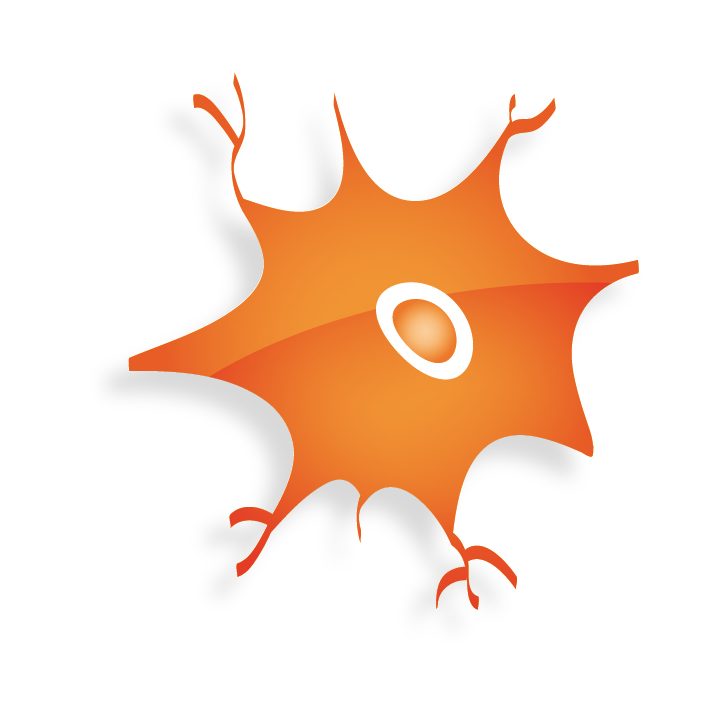Submissions
Submission link (but please read the information below): https://easychair.org/conferences/?conf=iwann2019
Submissions should not exceed 12 pages in Springer LNCS format, and they will be accomplished through the easychair platform in PDF format.
Accepted papers will be published as Springer LNCS proceedings. Please, consult the author information page for typesetting guidelines and templates. Usage of LaTeX2e is strongly recommended, using the llncs class. Please, note that contributions incorrectly formatted may delay publication process.
Special Sessions
You are strongly encouraged to check the list of confirmed Special Sessions, which constitute a very useful tool to organize the IWANN 2019 scientific program. If you think your contribution fits into one of the Special Sesssion, then:
- Contact the Session organizers and inform them about your submission.
- When submitting your paper, choose the corresponding Special Session as main topic. You will recognize sessions because, unlike ordinary topics, they start with the characters SS.
If your paper is not found suitable for the session, it will still be considered for the General Track.
Topics
For papers not submitted to a Special Session, its main topic must be chosen from the following list, which will be considered as orientative and never as a limitation.
- Mathematical and theoretical methods in computational intelligence. Mathematics for neural networks. RBF structures. Self-organizing networks and methods. Support vector machines and kernel methods. Fuzzy logic. Evolutionary and genetic algorithms.
- Neurocomputational formulations. Single-neuron modelling. Perceptual modelling. System-level neural modelling. Spiking neurons. Models of biological learning.
- Learning and adaptation. Adaptive systems. Imitation learning. Reconfigurable systems. Supervised, non-supervised, reinforcement and statistical algorithms.
- Emulation of cognitive functions. Decision Making. Multi-agent systems. Sensor mesh. Natural language. Pattern recognition. Perceptual and motor functions (visual, auditory, tactile, virtual reality, etc.). Robotics. Planning motor control.
- Bio-inspired systems and neuro-engineering. Embedded intelligent systems. Evolvable computing. Evolving hardware. Microelectronics for neural, fuzzy and bioinspired systems. Neural prostheses. Retinomorphic systems. Brain-computer interfaces (BCI) Nanosystems. Nanocognitive systems.
- Advanced topics in computational intelligence. Intelligent networks. Knowledge-intensive problem solving techniques. Multi-sensor data fusion using computational intelligence. Search and meta-heuristics. Soft Computing. Neuro-fuzzy systems. Neuro-evolutionary systems. Neuro-swarm. Hybridization with novel computing paradigms
- Applications. Expert Systems. Image and Signal Processing. Ambient intelligence. Biomimetic applications. System identification, process control, and manufacturing. Computational Biology and Bioinformatics. Parallel and Distributed Computing. Human Computer Interaction, Internet Modeling, Communication and Networking. Intelligent Systems in Education. Human-Robot Interaction. Multi-Agent Systems.
